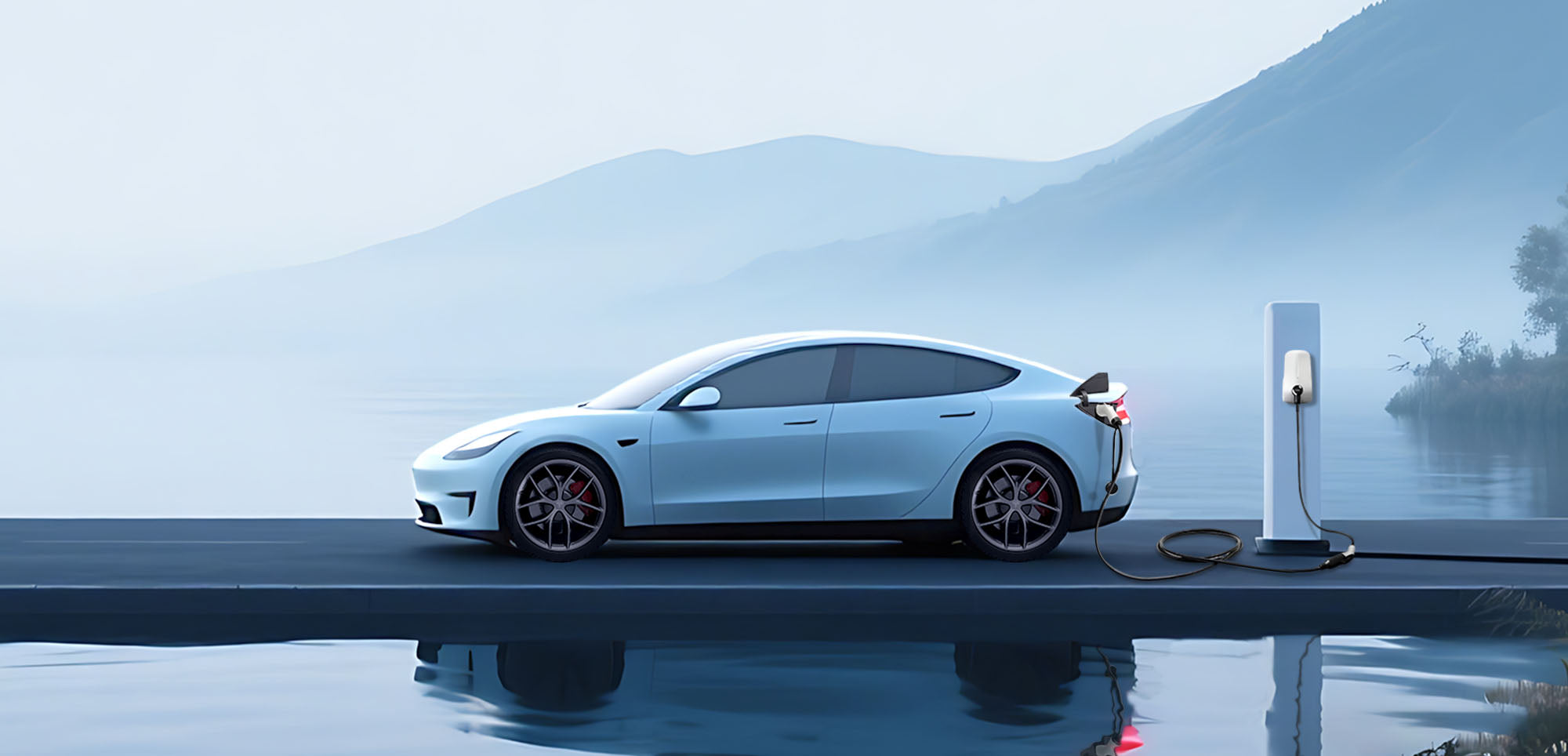When your EV charger’s built-in lead falls short, you might be tempted to stretch it farther using an ev extension cord. This approach, however, comes with risks. Below, we'll break down what Reddit users and expert sources say—and why a proper ev charging extension cable or ev charger extension cable is safer.
1. Why Regular Extension Cords Fall Short
Standard extension cords—designed for household appliances—lack the technical specs required for EV charging:
-
They often aren't rated for the high, sustained amperage needed for EV charging, leading to overheating, risk of fire, or electric shock.
-
Over long distances or multiple daisy‑chained cords, voltage drops increase, causing inefficiency and potential overload.
-
From a Reddit user:
“If you put an extension cord in between you lose this safety… if it feels hot unplug it immediately”
2. Reddit’s Take: Anecdotes on Safety and Gauge
A user purchased and safely used a 15‑foot 12‑gauge extension cord for a year without issues. But with a longer distance—over 30 feet—they wisely leaned toward a dedicated J1772 extender.
Another shared: their Leaf wouldn't charge beyond 20–25 feet on 12 gauge, but a short 10‑gauge cord worked fine—highlighting the importance of gauge.
One user recommended reducing the charger's amperage (to 9–10 A) to avoid nuisance trips, especially on shared circuits.
3. Why a Dedicated EV Extension Cable Is Safer
EV extension cables like J1772 extension cables are purpose-built:
-
Maintain full safety protocols (communication lines, thermal sensing, etc.) unlike domestic cords.
-
Available in properly rated gauges (e.g., 40A or 48A) for long runs—e.g., 16 ft, 21 ft, 30 ft lengths.
-
Often UL-certified, weatherproof, and designed for Level 1 and Level 2 charging.
-
They preserve voltage, reduce heat risk, and are more reliable long-term.
4. Industry Warnings and Prohibitions
Beyond personal safety, EV networks are enforcing restrictions:
-
Networks like EVgo now prohibit DC fast‑charging extension cables and break‑away adapters outright.
-
Tesla has similar rules and has even sued companies over unsafe charging adapters that overheated.
5. Smart Practices for Safe Charging
-
Prefer a certified ev charging extension cable over household cords. Look for UL/CE certifications, proper gauge, and appropriate amperage.
-
If using an ev extension cord temporarily, always monitor it—and never leave it unattended overnight.
-
Consider lowering charging current to alleviate stress on the circuit during long cable runs.
-
For permanent setups, installing a proper outlet (e.g., NEMA 14-50 or dedicated EV charging station) is the safest move.
Conclusion
While using a household ev extension cord may sometimes “work,” it's a compromise in safety and performance. For reliable, efficient charging, invest in a proper ev charger extension cable—preferably a UL-rated J1772 extension cable designed for EVs. It’s the best blends safety, convenience, and peace of mind.

Share:
Maximizing Savings: Massachusetts EV Rebates & Charging Incentives
Why a J1772 EV Extension Cable Beats a Regular Extension Cord